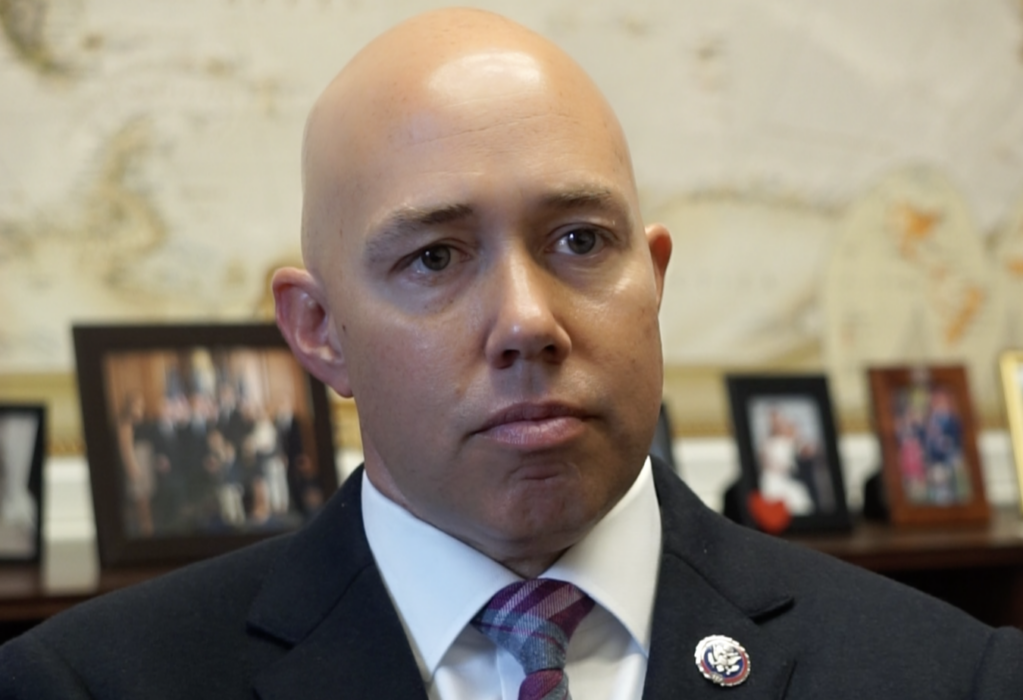TALLAHASSEE, FL—Exposing fentanyl to first responders would become a first-degree felony under a proposed Florida bill. The measure would penalize any user whose fentanyl causes a law enforcement officer or first responder to overdose or incur serious bodily harm.
"This bill makes sure that individuals that put our first responders' lives at risk are held accountable for their actions," Republican Rep. Jessica Baker said of her bill, "This bill seeks to protect our first responders by creating a criminal penalty if a person 18 years old or older is unlawfully in possession of fentanyl, exposes a first responder to fentanyl, and an overdose or serious bodily injury of the first responder results."
The number of deaths due to Fentanyl—a synthetic opiate—has increased every year since 2012. The number of fentanyl-related deaths in 2022 more than doubled the amount in 2019 in the United States, and since 2016, more people have died from fentanyl than from prescription opioids.
Corporal Robert Palmer of Collier County appeared during public testimony, sharing how an accidental exposure to fentanyl nearly killed him. He explained that while helping a woman move items out of her house during a domestic dispute with her boyfriend, the Corporal suddenly reported feeling "very lightheaded. My chest started constricting making it difficult to breathe, my vision began to narrow...I knew very quickly from those symptoms that most likely I had been exposed to fentanyl."
He blacked out and collapsed, resulting in his Sergeant administering two doses of Narcan—an anti-opiate agent—to resuscitate him. "Thank god that second dose worked, because after that second dose we had exhausted our supply of Narcan," He added. He explained that in the days following the overdose, he experienced "stroke-like" symptoms: foggy memory, an inability to find words, and intense vertigo.
Democratic Rep. Mike Gottlieb opposed the current form of the bill, stating that some drug users are unaware of fentanyl poisoning in their drugs until they overdose on it. "We're taking someone who's a user, potentially an addict, and while they're unconscious, a first responder gets harmed," He said.
"Addicts are going to use drugs no matter what, they take that risk every day that there might be fentanyl in the drug they're using," Gottlieb continued, "We're criminalizing something that they didn't intend."
Republican Rep. Mike Beltran disagreed with his colleague, highlighting the need for accountability among users who harm law enforcement: "You hear a lot in criminal justice reform that drugs are a victimless crime and it's your own choice to do what you want with your own body, but that's certainly not the case with fentanyl," He said.
"This substance is more dangerous than uranium," Beltran added, "So it's not an individual choice anymore, and so if you're going to choose to use this very dangerous product then you assume the risk that something like this can happen."
The bill passed the House Justice Appropriations Subcommittee in a 9-2 vote, and will head to its final stop before the House floor: the Judiciary Committee.













